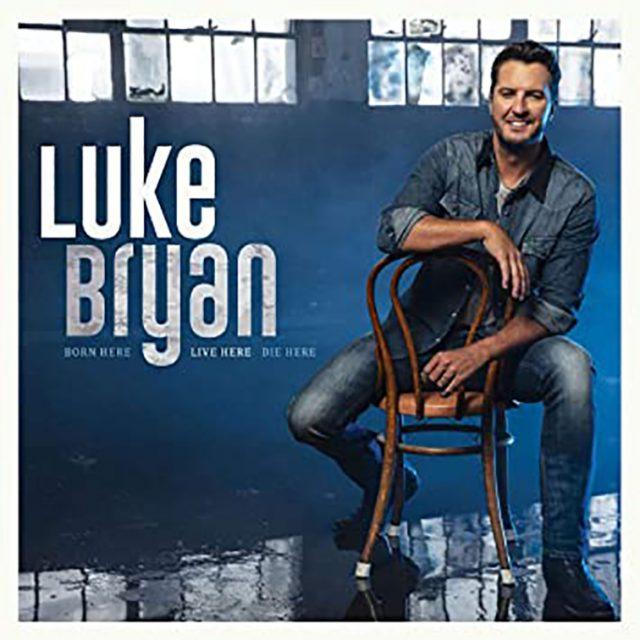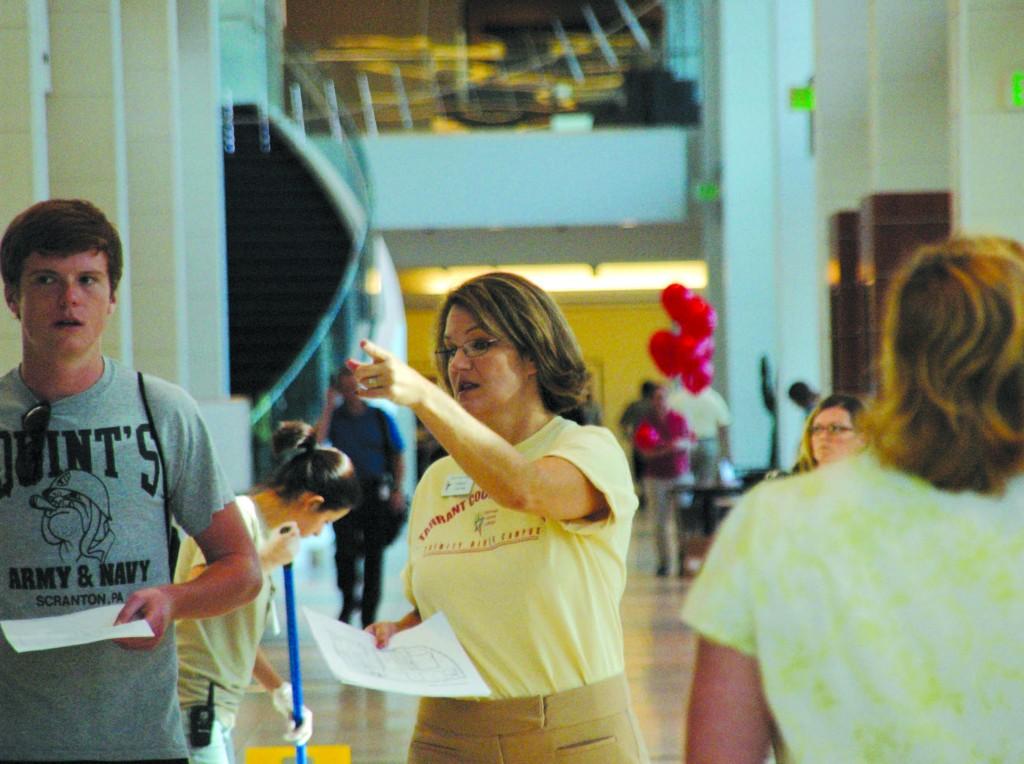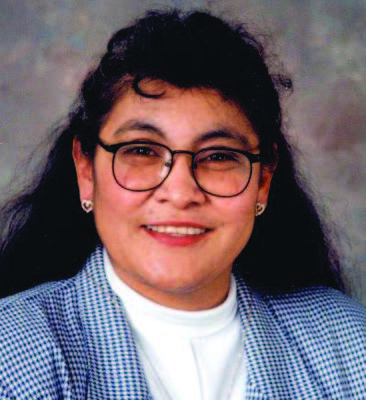By Matt Hoaldridge/reporter
In high school, student athletes are often motivated to earn passing grades so they can play in the big game and become the school hero.
Some students choose to attend certain community colleges because they offer athletics programs that allow them to transfer to a four-year university and continue playing.
TCC is not one of those, however, and some students wonder why.
Bill Lace, the interim vice chancellor for administrative and community services, explained why the college doesn’t offer an athletics program.
“The decision was made in the 1960s when TCC was formed, and in the 28 years I’ve been with the school, we’ve voted on it three or four times,” he said.
TCC does offer intramural sports for athletes, and all current students can participate regardless of skill set. For the more dedicated athletes, flag football and soccer leagues are offered in the fall on most campuses and last several weeks.
Many campuses also offer basketball, table tennis (ping pong), pool, racquetball, dodgeball and fun runs. These non-competitive sports are usually one-time events with the exception of basketball, which is played recreationally and/or for league play.
“I liked how intramural basketball has been run the past couple of years,” said NE student Lad Moore. “We had a lot of players on our teams, so I wish they would’ve had more [teams].”
Student Richard Mayo said he believes the casual nature of intramural scheduling makes playing consistently difficult, and some athletes may be turned off by it.
“The thrill of competition for playing time is always a factor, and with intramurals, sometimes the players can’t make it to the game due to work or schedule conflicts,” he said.
Donna Darovich, interim executive assistant to the chancellor, said financial reasons also play a part in the school’s decision not to offer an athletic program.
“All the money that we get for student services goes to academics,” she said. “If we were to get an athletics program, it would cause a price increase in tuition.”
Lace confirmed this, saying students would likely pay about $25 more to institute such a program.
However, Mayo said he would pay higher tuition if it meant having more athletics.
“I hope other students would also because athletics teach you to strive for more and compete for your goals no matter what,” he said.
At the mention of an athletics program being instituted, intramural soccer player and TCC student Eric Molina agreed.
“I’d pay the extra fees because when you go to a university, they charge you for them without asking,” he said.
Weatherford College is one nearby institution that does have such a program. Sports include baseball and basketball.
“Athletics is the front porch of any institution of higher learning, and there is money to be made from sports programs,” said Dr. Steven Garippa, athletic director at Weatherford College.
“TCC could get anywhere from 5 to 40 percent out-of-state athletes, which would bring in more money through the out-of-state tuition rate.
“All funds that are made at Weatherford College are made by boosters, and they have raised $20,000 for both baseball and basketball,” he said.
The boosters raise money from ticket sales at the gates, season tickets, concessions and from area sponsors.
Another fact that makes the idea of sports programs appealing is the national recognition TCC could receive if it were to offer them.
“An athletics program would draw more attention to TCC and help build school popularity. If [TCC offered one], I would join,” Mayo said.
If TCC is ever going to have an athletics program, it may only be because enough students ask for one.
“If enough people showed that they were in favor of an athletics program at TCC, the chancellor would indeed look into it,” Lace said.
For information on playing intramurals at TCC, interested students can contact the intramural coordinator on their campus of choice.




























